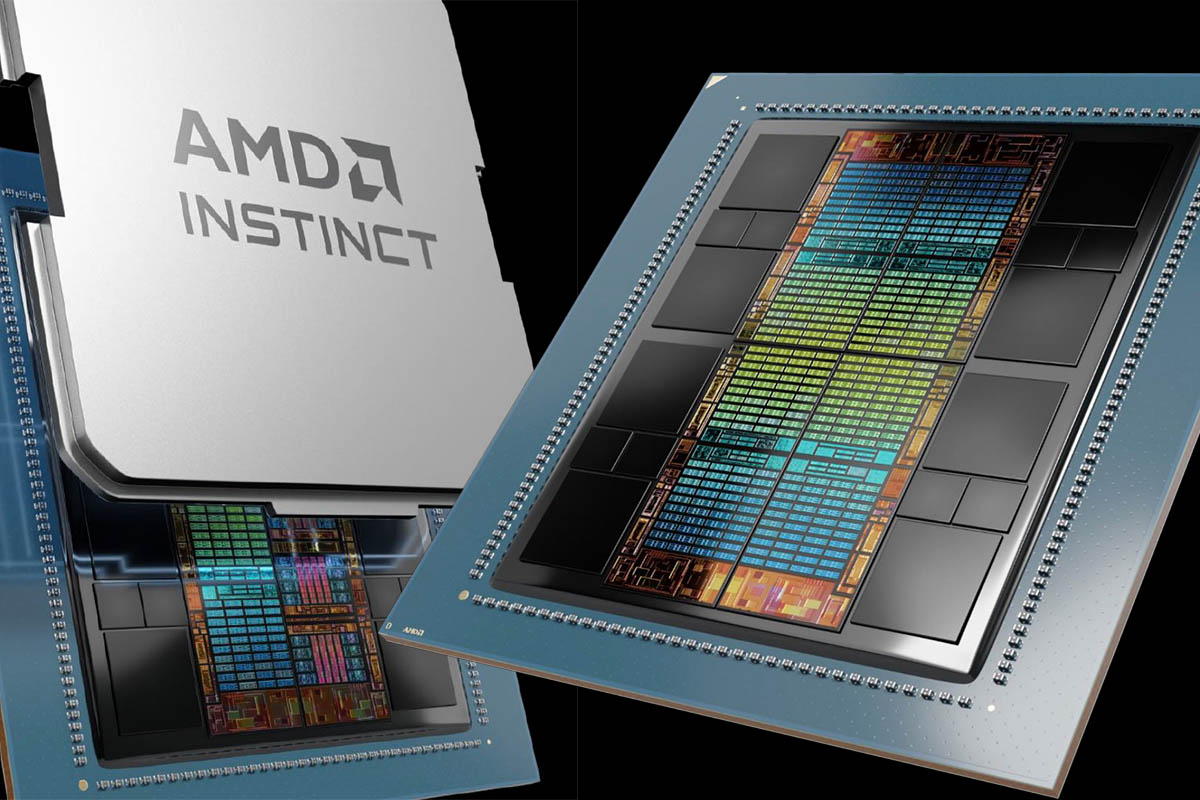Last week, it emerged that AMD’s efforts to secure the export of Instinct MI309 accelerators to China were unsuccessful, and an export license would be required for shipments to that destination. The company’s CFO, however, did not rule out the negotiations completely, implying that discussions are still ongoing.
During last week’s Morgan Stanley technology conference, AMD’s CFO Jean Hu was questioned on the recent development surrounding the restriction of Instinct MI309 exports, which inevitably surfaced during the conference. Hu began by saying that the company’s revenue in this market segment in 2024 will not greatly depend on Chinese clients, implying that even if some restrictions exist, the revenue reduction would not be significant.
Moreover, Hu clarified that AMD currently supplies Chinese clients with Instinct MI210 accelerators, which comply with the export control requirements of the US Department of Commerce. Active discussions with both Chinese clients and the department on the potential export of an Instinct MI300 modification are ongoing, and a final decision on this matter is still pending. Ultimately, AMD aims to keep the door open for potential product exports to China, as long as they comply with US regulations.
On the subject of competition in the accelerator segment, Hu underscored that Nvidia’s decision to expedite the release of newer architectures had prompted a similar approach by AMD. The traditional transition from the MI100 to the MI300 took between three to four years, indicating that AMD has maintained a swiftly moving pace in this regard. Confidence in the technological capabilities of TSMC, as well as in the potential for chiplet utilization, was emphasized. Coordinating the release of new products with key clients to meet their requirements is part of AMD’s game plan. According to the CFO, the artificial intelligence sector will be AMD’s primary business driver, and the company’s plans in this field go beyond just 2024.




